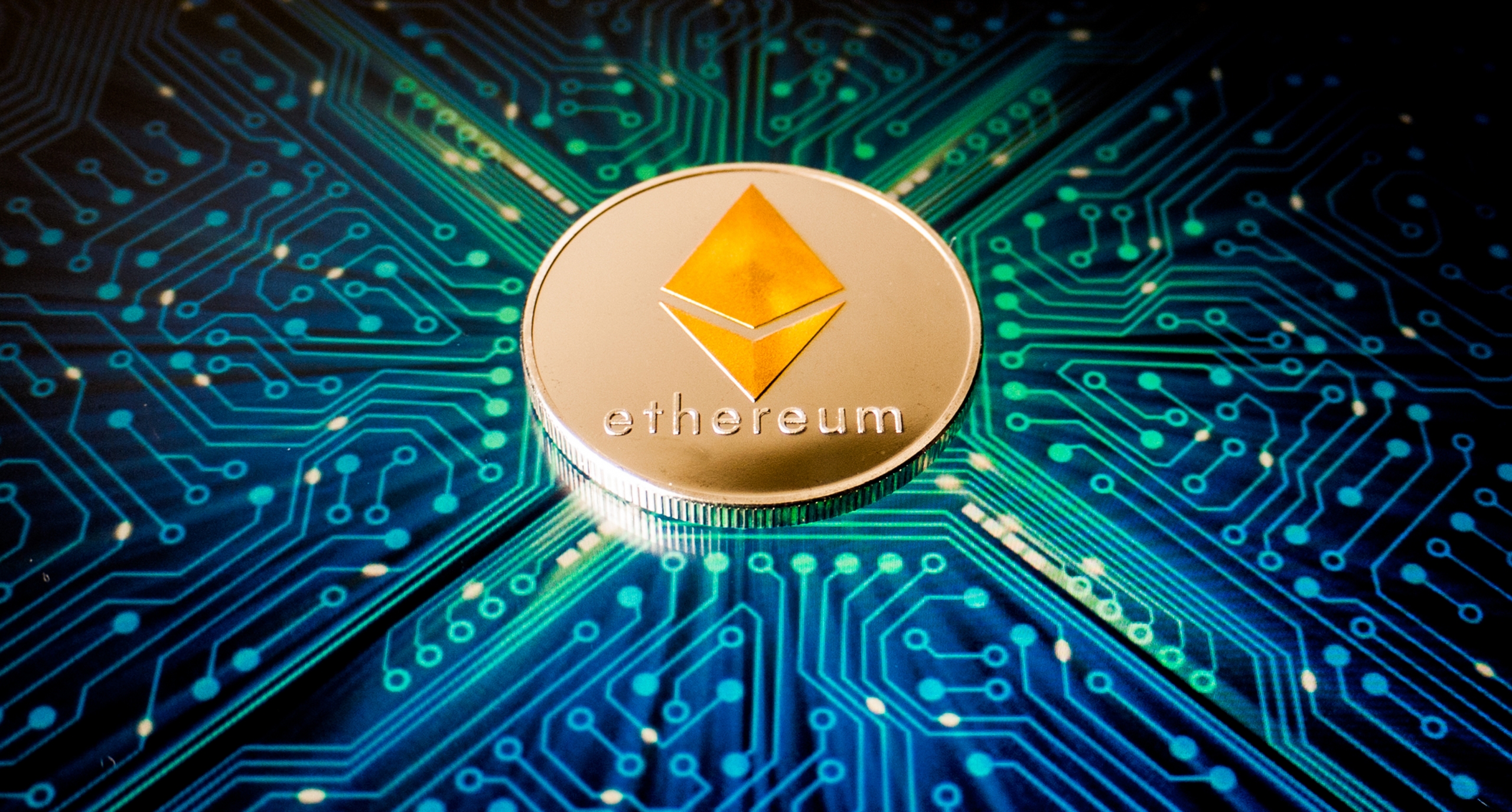Ethereum’s Governance isn’t Decentralized
Ethereum’s Governance isn’t Decentralized

A blockchain isn’t decentralized if it still has a few people at the top. That is, the technical and the human elements both require decentralization. In an era of decentralized autonomous organizations (DAOs), the missing link is often how managers and developers are organized. Let’s take Ethereum as an example here.
While Vitalik Buturin and Joseph Lubin talk a good game, the truth is of course the developers who make key decisions are very limited. This is highly problematic for a company that’s basically the post-child for what decentralization might be. Here’s where the story starts to get serious.
A core dev Lane Rettig said the small group has the final say on what goes into the protocol, a situation that has led to several concerns because emerging issues with the network are non-technical.
Etheruem Governance is Tested in 2019
So this criticism isn’t just from crypto journalists like myself, but from the actual developers working on Etheruem. Following the departure of core developer Afri Schoedon from the open-source project in late February, Etheruem needs a new hard-fork coordinator. Why he actually rage quit is important.
There are some signs something is not quite right here internally in Etheruem’s loose idea that there is no hierarchy.
You can pretend your governance is decentralized, it doesn’t mean it’s actually true.
What’s clear is Ethereum has tried hard at decentralized governance, but it’s possible they haven’t achieved it. Realistically the core developers are just another bro-culture. While public blockchains are a cool idea, until Etheruem 2.0 is fully manifest, it’s not even a viable technical solution.
I personally think EOS and TRON are making mockeries of what Etheruem is.I’ve recently been trolled on Twitter for publicly being critical of Ripple (XRP) not being decentralized. Trolled by Twitter handles with (XRP) in their name. Crypto communities are tribal, at best. Can we expect a bunch of mid or early 20-year old to truly change the world with how they implement decentralized governance?
You got like what the kids are trying to do, but let’s face it, they are kids and decentralization probably isn’t viable yet.
While stimulating, the tweets of Ethereum’s core developers are all over the block.
When Afri Schoedon, a long-time Ethereum contributor, abruptly quit working on Etheruem there’s a sense that the hierarchy within Ethereum is under challenge. For the future of decentralized governance, there’s always the question who governs the governors? I think the future of decentralized governance is oversight by AI, I would not trust a 20-something year olds ego and leadership ability no matter how much I like their vision. Human nature is a binary risk. That won’t change.
The Concept of DAOs and Decentralized Governance is Flawed
Corporate management is a fundamentally centralized power structure. People like Vitalik or Lubin can’t quit, since they have their entire identities and wealth invested in the project. So long as there are a few core developers , investors or prophets at the top, your organization isn’t decentralized.
In reality effective systems mix and marble centralized and decentralized elements. They are agile with both to deal with reality and obstacles as they arise.
The best economies are *mixed* economies.
Ethereum is going through growing pains where a crisis of confidence of core developers is really fully controversies. This even as startups are seeking to leave Silicon Valley.
The region’s prohibitive cost of living is sending startups and workers understandable. The stablecoin white walkers are coming, such is life in the crypto winter. Being too open is also not a good thing for Ethereum. Etheruem needs to find a functional balance, to imagine that core developers would be capable of operating in a decentralized manner is a bit ridiculous.
- Historically, Ethereum project management was a simple affair: a few years ago there were only 3–4 core developers working on the platform at any given time.
- Early on, all of the stakeholders participating in Ethereum governance were affiliated with the Ethereum Foundation.
Well guess what, things change as your organization evolves.
Ethereum today is probably unrecognizable compared to Ethereum at the time of the DAO hard fork. That’s not a good or a bad thing but it does make you wonder at the future viability of decentralized organization as a best practice for public blockchain projects.
You can also buy instant:


Cashapp Money Transfer Click here
Paypal Money Transfer Click here
Western Union Money Transfer Click here
Venmo Money Transfer Click here
Bank Money Transfer Click here to Contact Us
